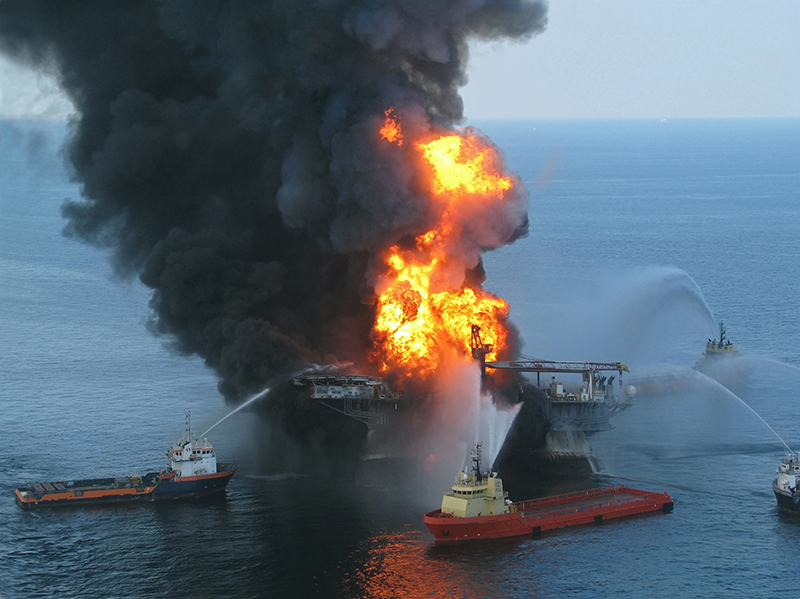Publication in the Journal of Business Ethics: Rawls’ political philosophy as criticism of BP’s economic compensation plan after the oil spill in the Gulf of Mexico
Congratulations to Kristian Alm and Mark Brown’s newly published paper in the top-ranked Journal of Business Ethics!
In this article, they analyse British Petroleum (BP)’s weaknesses in their response towards the victims of the oil spill in the Gulf of Mexico in 2010 using John Rawls’ notion of reasonable behavior. The authors propose that the coercive power of government ought to provide a necessary context for stakeholder dialogue, and that by doing so, it can provide a way forward for the discourse of political CSR. They illustrate the usefulness of this contribution from Rawls in an analysis of BP’s behaviour towards thousands of victims following the Deepwater Horizon blowout in 2010.
Kristian Alm is a researcher at BI and leads work package 6 in AFINO: Nordic Sustainable Innovation Dialogue Series.
About the Deepwater Horizon blowout in 2010:
In April 2010, a disaster occurred at the Deepwater Horizon drilling rig in the Gulf of Mexico owned by British Petroleum (BP). Due to a series of technical failures, gas entered the rig and exploded, resulting in the death of eleven workers. The platform was destroyed and sank two days later. On that same day of the sinking, oil was discovered to be leaking from the well head of the seabed. This leakage continued for 87 days, resulting in oil covering an area of the size of the Netherlands.
The disaster had enormous consequences for marine life and the economy around the Gulf. Marine life, the economic foundation of thousands of small businesses in the area, was severely damaged and small businesses suddenly lost their livelihood.
Featured image:
Photo of the fire following the explosion on the Deepwater Horizon oil rig (WikiCommons).




